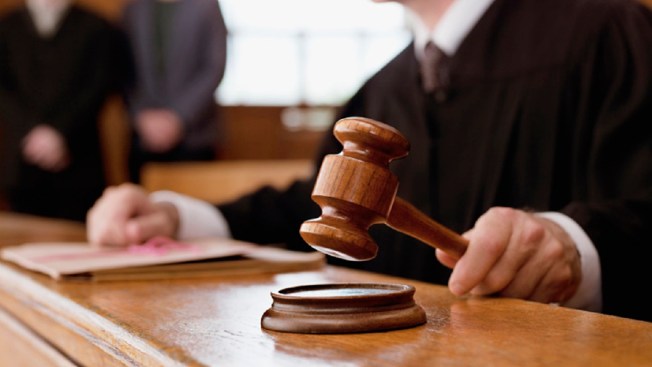A national Republican group is spending heavily on judicial elections in some states, prompting judges to get more involved in their campaigns as they seek to hold on to their seats.
The Republican State Leadership Committee plans to spend about $5 million on judicial races this year, equal to about a fifth of the total outside spending on such contests in the 2011-12 election cycle, the latest for which complete data are available.
 |
| Montana Supreme Court Justice Mike Wheat, who is running for re-election, talks to first-year law students. AP |
The Washington, D.C., group traditionally has raised funds to influence state-level races for executive and legislative positions. It is expanding its reach into campaigns for state courts as part of a strategy of helping to elect small-government, pro-business judges.
The effort to influence judicial elections is largely Republican—for now, no Democratic group is systematically contributing to such races. The GOP committee’s president, Matt Walter, said his organization’s main opponents are labor unions and groups of personal-injury lawyers, who have long contributed to state judicial races. Republican policies, he said, “very often run into a buzz saw from liberal activist courts.”
 |
| Former Montana Solicitor General Lawrence Van Dyke, Justice Wheat’s opponent, talks to students. AP |
The money pouring in from out-of-state groups is upsetting genteel traditions under which judges in some states faced little opposition and avoided the ethically tricky process of soliciting big money and stumping for votes from constituents they might face in court. The attention is an acknowledgment of the role that state supreme courts play in shaping the business climate and social and government policies.
Voters in 38 states elect at least some appellate and trial judges, either in competitive races or single-candidate retention elections in which voters decide whether to keep an incumbent judge, according to advocacy group Justice at Stake. Outside the U.S., the practice of electing judges is almost unheard of.
 |
| CLICK CHART to ENLARGE |
Battlegrounds in recent years have included Florida, Michigan, Wisconsin and Iowa, where three state Supreme Court justices were ousted in 2010 after the court issued a ruling legalizing gay marriage.
In November, eight states will hold contested elections for supreme-court justices, and 14 states will hold votes on whether to retain judges. The stepped-up competition is forcing judicial candidates to reach out to voters.Read the rest of the article HERE.
If you like what you see, please "Like" us on Facebook either here or here. Please follow us on Twitter here.


No comments:
Post a Comment